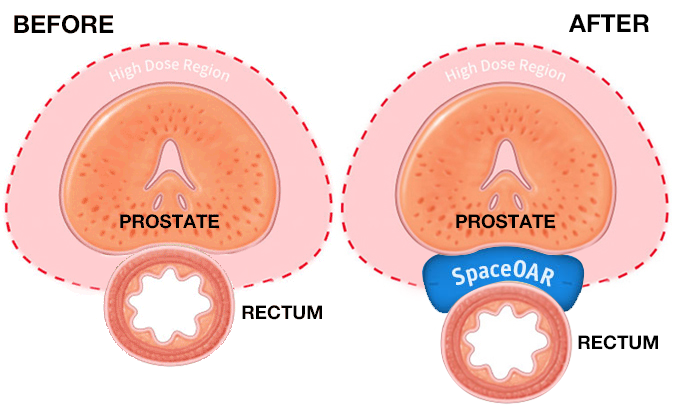Central Tampa OfficeMon – Fri 8:00 AM – 4:30 PM(813) 582-5823 4508 North Habana Avenue , Tampa, FL 33607
North Tampa OfficeMon – Fri 8:00 AM – 4:30 PM(813) 582-5823 12206 Bruce B Downs Blvd #101 Tampa, FL 33612
Winter Haven OfficeMon – Fri 8:00 AM – 4:30 PM(813) 582-5823 200 Avenue F Northeast,
Winter Haven, FL 33880

